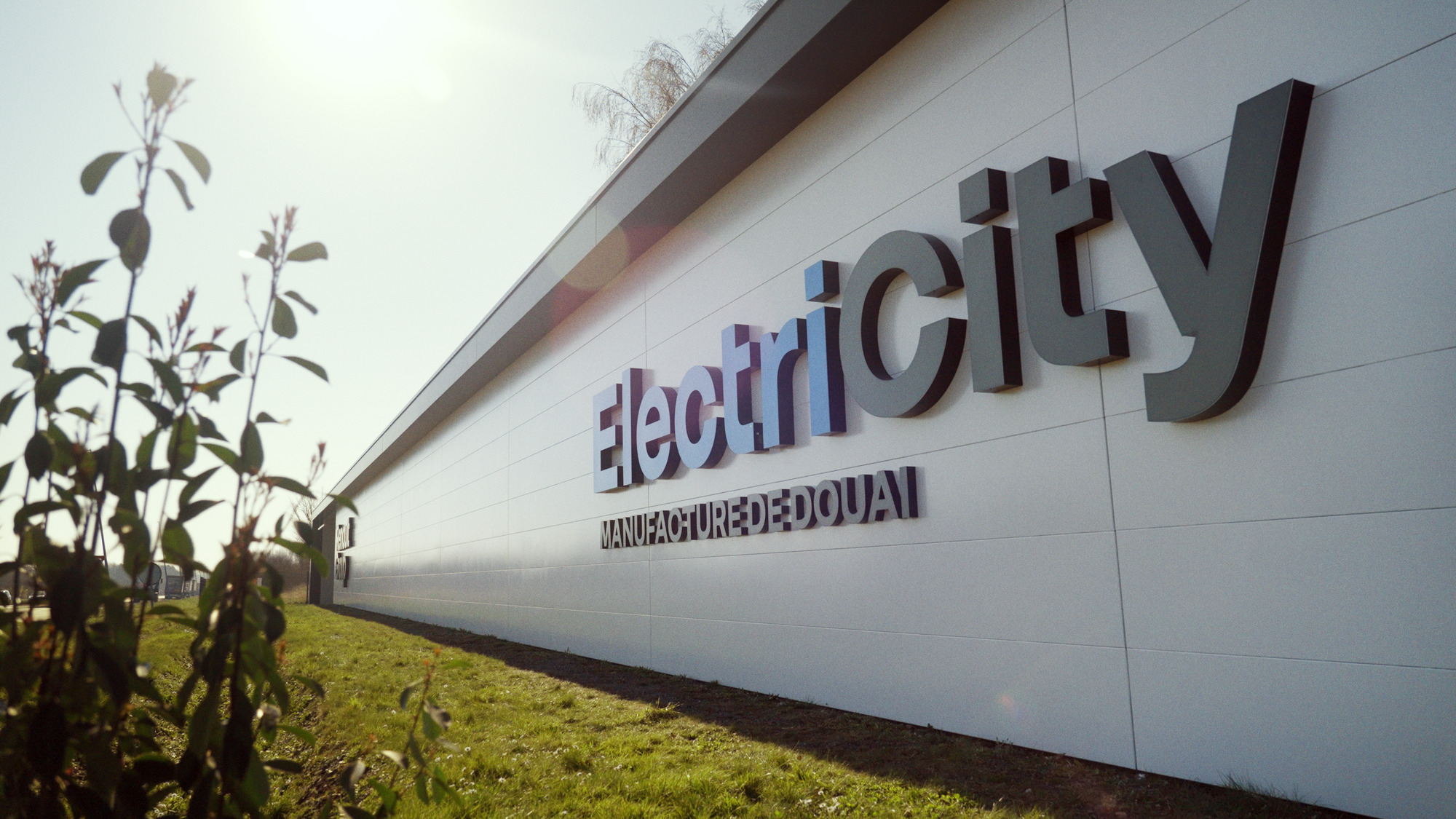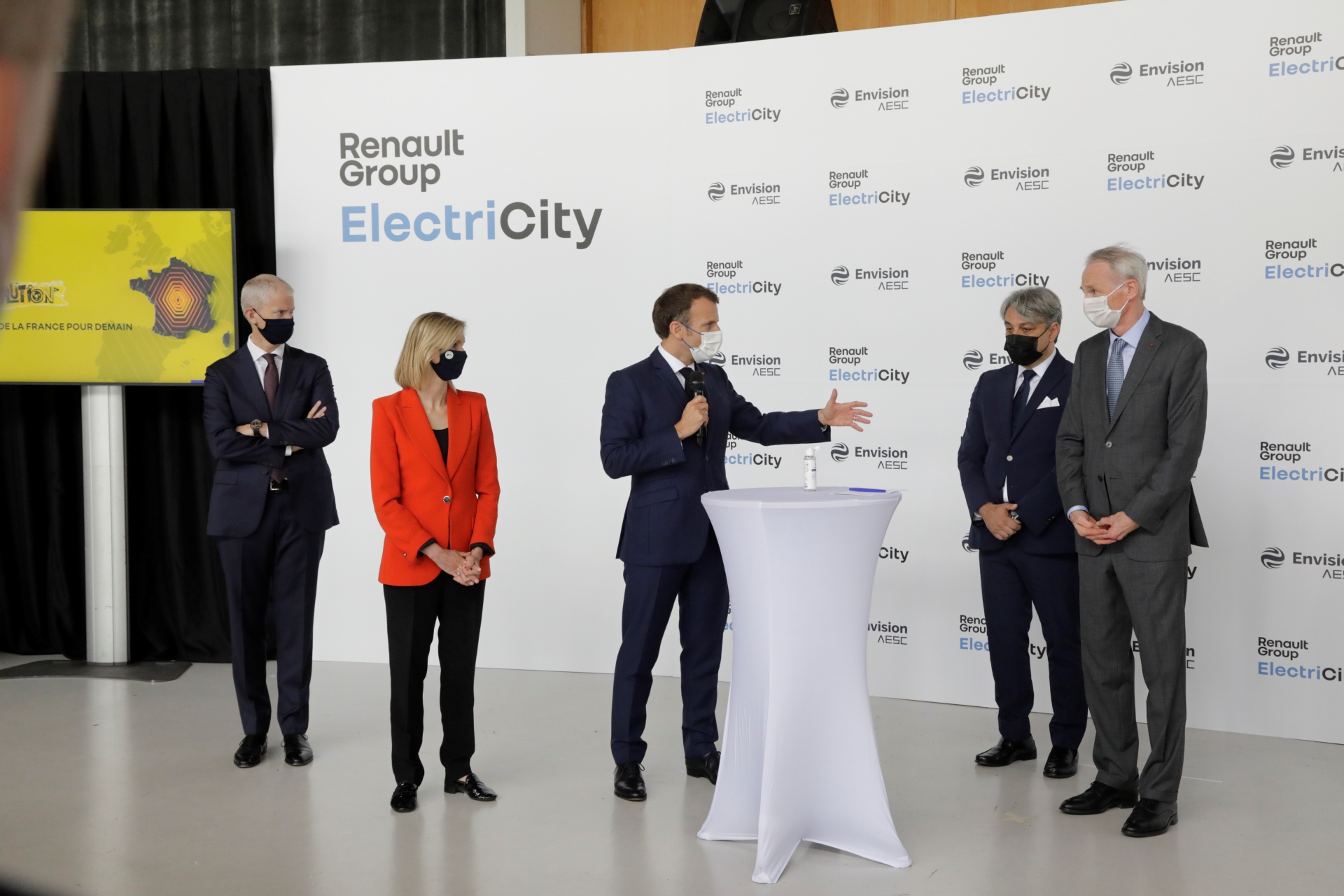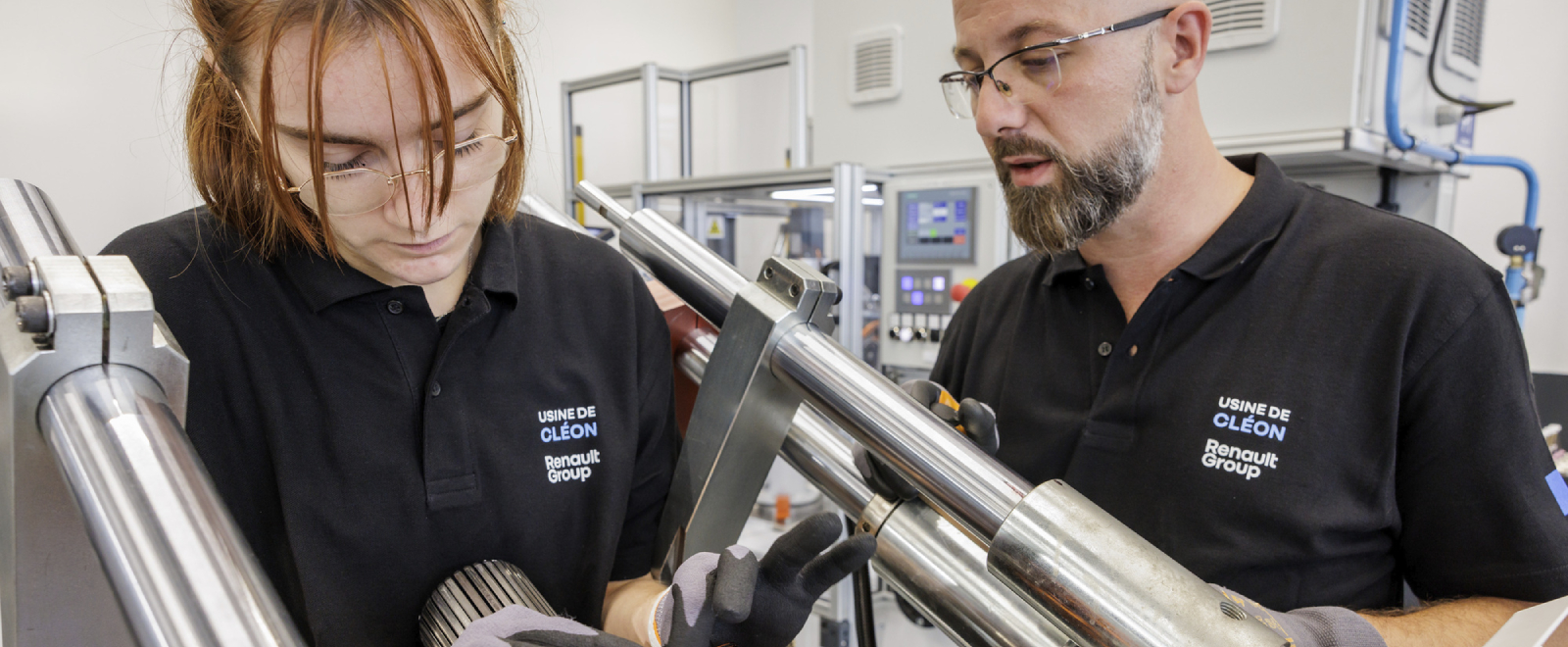

Which areas of expertise and skills will be essential in the automotive industry in the future?
Many of the core skills required by the automotive industry have already undergone considerable change. Patrick Benammar, Renault Group Vice-President Learning and Development, believes this industry shift has only just begun. “Mobility is increasingly connected, which is why software developers will come to represent an ever-greater proportion of our workforce.” Those proficient in the digital technology that goes into advanced driver-assistance systems and sensors, automotive cybersecurity experts and data scientists, data analysts, etc. will also become more and more coveted. Conversely, as the sale of petrol and diesel vehicles will be banned in Europe from 2035, knowledge relating to conventional technology will no longer be quite so marketable. “That doesn’t mean it will die out,” clarified Patrick Benammar. “We will still need people specialising in mechanics to repair older cars or recycle parts.”
Sylvie Dugenest, Operating Director of the Circular Mobility Industries Campus, is supporting employees at the Flins factory to acquire the new skills required to facilitate the shift of the industrial activities undertaken at the ReFactory. Playing a key role in the pioneering project to establish a circular economy in the automotive industry, she understands automotive professions will rapidly transform and emphasizes the need to show agility in order to negotiate this bend and remain at the forefront of the market. “I expect the circular economy to create demand for different skills in renovation, extending useful life of vehicles, retrofitting and recycling,” she said. This is another area in which skills transformation is significant, for example coach builders in factories must learn to work on second-hand vehicles rather than new vehicles if they wish to stay in touch with the profession. Sylvie Dugenest also pointed out the need to expand the practice of dismantling vehicles, which currently does not occur in industrial facilities.

What support is needed to facilitate the transformation of the automotive industry?
Employees require support to help them navigate the changes in their professions and acquire new skills. Human resources policies must serve to educate and foster close working relationships with site managers. Employee statements and site visits represent a highly effective way of making these new jobs accessible to others. “Five years ago, when we mentioned data in the automotive industry, we were met with shocked faces. Nowadays, we have many data analysts and data scientists in our business,” explained Patrick Benammar.
On the Flins Renault Group Circular Industry Campus – part of the ReKnow University launched by the Renault Group – employees of all ages are involved, from the younger colleagues right through to the more experienced talent. Sylvie Dugenest believes the only way we can achieve this transition is by taking care of the entire workforce, not just the older employees. “We need to start right away by developing new qualifications so young people can find their place.” This approach applies both to the factory branch of the Group as well as everyone involved in eco-design further upstream, which affects engineers and business students.

What kind of in-house and third-party training courses are needed for these emerging professions?
It is important to anticipate the skills transformation and the emergence of new professions by putting in place appropriate training courses. “When it comes to the skills transformation, we aim to train at least 15,000 employees by 2025. It won’t be easy, and will require considerable personal investment for people to upskill,” explained Patrick Benammar. He added, “certain training programmes are spread over hundreds of hours, but we also offer shorter format courses to allow trainees to gain an insight into these professions and even help them to move into a new specialisation.” The Group also provides courses that lead to recognised qualifications, which may include real-world experience in a new working environment, role plays and tutored learning. Patrick Benammar summed it up by saying, “support is the key to ensuring learners stay motivated.”
At the ReFactory, the campus is open to the wider community, its local region and the industry. “We have established relationships with ministries, for example the campus obtained the ‘Campus des métiers et des qualifications’ quality label, other public-sector partners, including the Paris-Saclay university and the Saint-Quentin-en-Yvelines university, as well as with private-sector organisations such as SGS, Valeo and Veolia,” said Sylvie Dugenest. The aim is to prepare the transition within the industry, its professions and skills to address common problems with respect to training needs by working with other structures. It is also necessary to develop an agile and comprehensive training offer by fostering synergies and partnerships with training institutions in the national education system to satisfy businesses’ needs today.
This approach reflects the overriding mentality within the Renault Group, which boasts a long history of training its people. Indeed its first in-house training centre dates back to 1926. “The role our Group plays in society has changed considerably in recent years. If we fail to bring about change in education, there is a risk the system won’t produce the skills we require,” concluded Patrick Benammar. In essence, it is a question of social responsibility the Group is proud to assume.

Read also

Dive into the heart of Renault Group ElectriCity, France’s hub for EV expertise

Industrialization of two European Mitsubishi Motors models in Renault Group's factories: an Alliance success story


